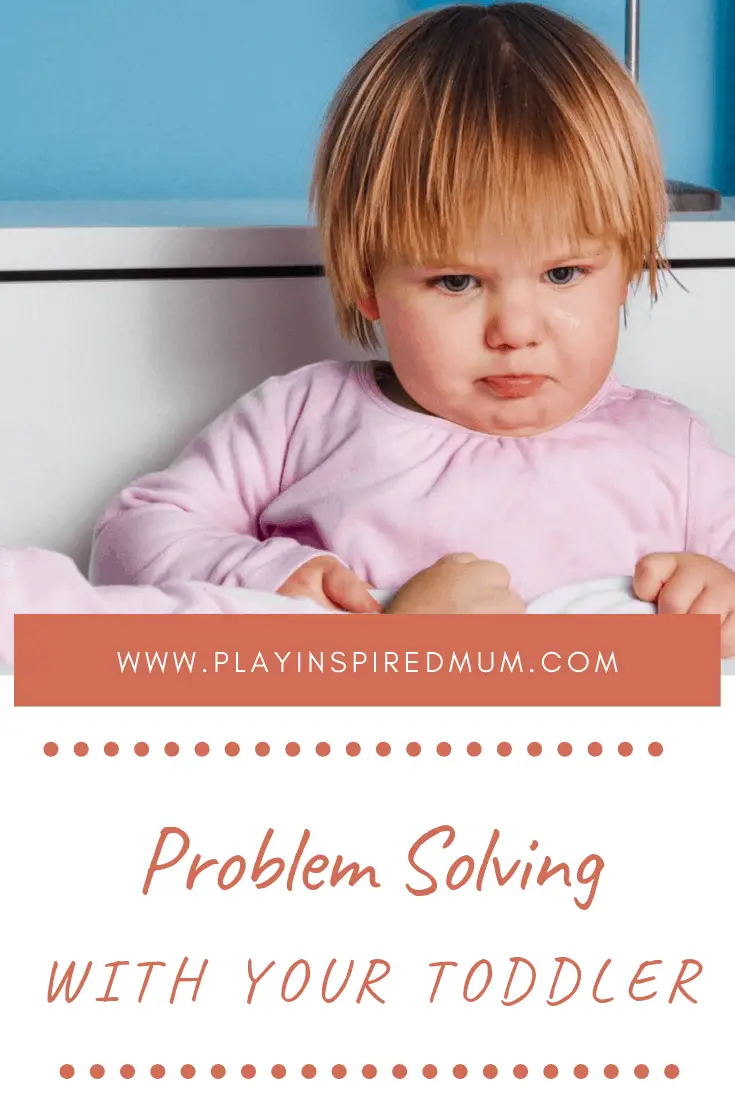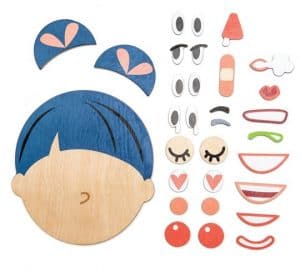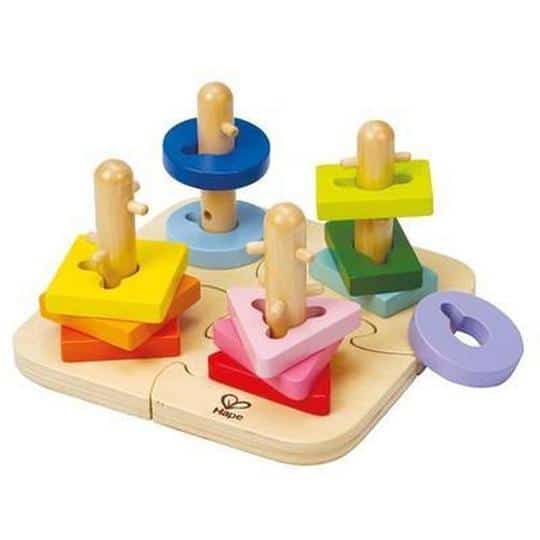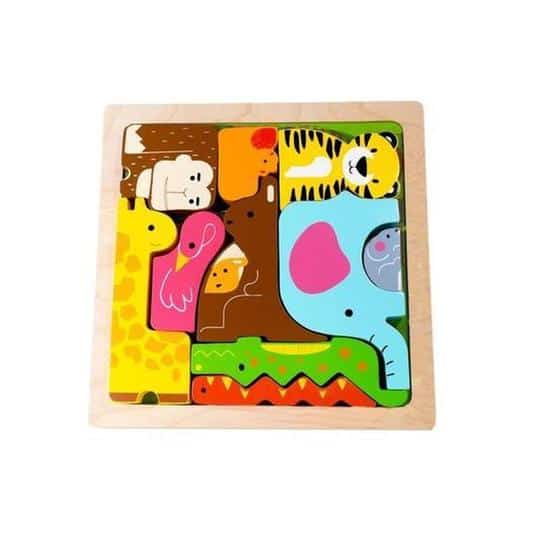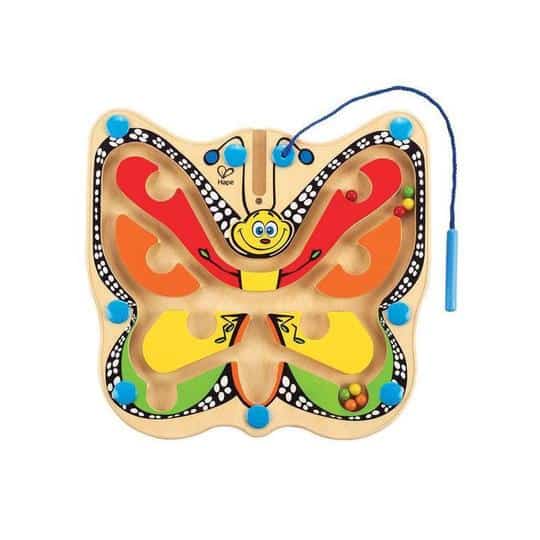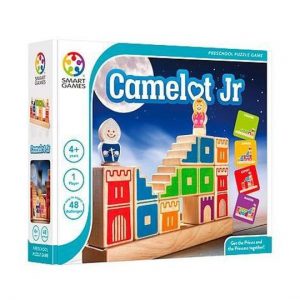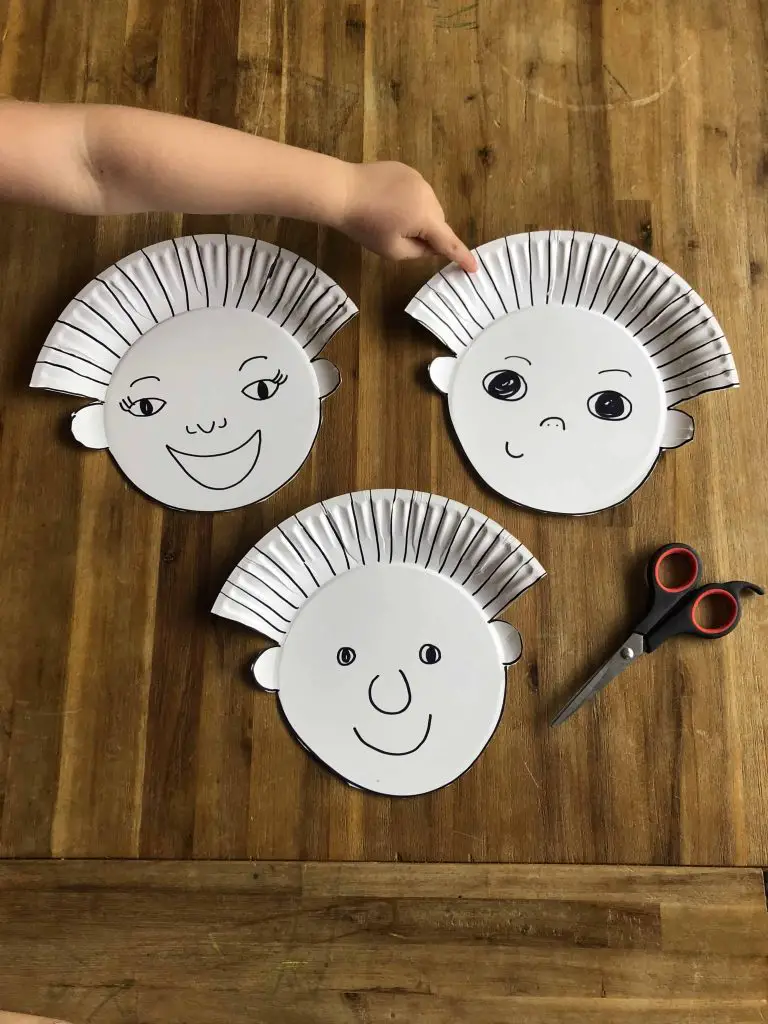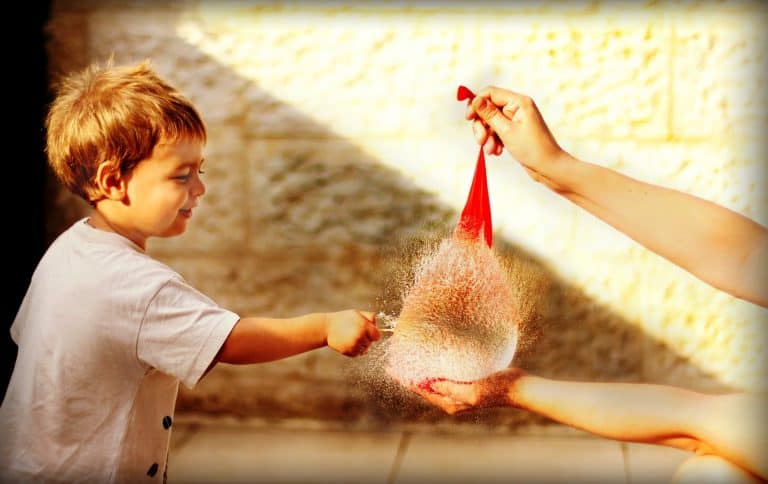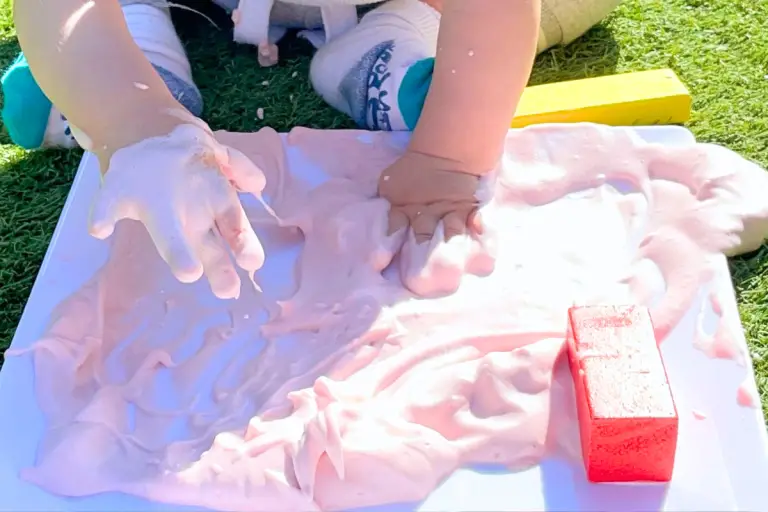Problem Solving with your Toddler
Disclosure: This blog contains affiliate links which I may earn a small commission from if you purchase through them, at no extra cost to you.
gtag('config', 'UA-136794034-1');
Problem solving is a valuable life skill. As a parent, I often have to consciously remind myself, that I am here to teach and guide my children. To remember, that in order to prepare my children for the big wide world, it is more benefical not “do it for them”.
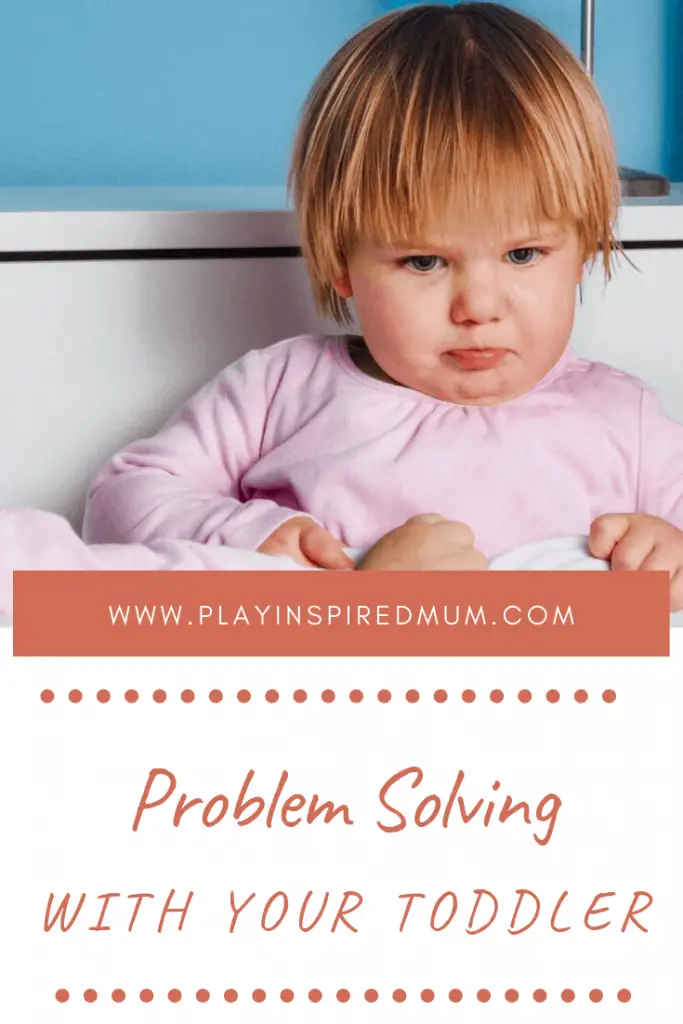
Problem Solving with your Toddler
Quite often, usually all at once, they will have a problem and yell out, “Mum!”.
Being a Mummy has its time restraints. As it is, and when a situation could be rectified in a split second, I often have to remind myself that the easy solution is less likely to be the long term, sustainable solution. What is more likely needed, is for me to put on my patience pants and help them find the solution themselves.
Battling a toddler
I am yet to meet a parent who hasn’t heard of the term ‘terrible twos‘. It is at this age when our children often have the beginning of the thought processes and imagination to come up with their own ideas. This being said, developmentally they do not have the skills or ability to put these ideas into action. This paired up with their limited vocabulary and early communication skills is very frustrating for them, often resulting in a tantrum.
Come age three, our children will often have an increased ability in performing aforementioned tasks. However, then they come to realise that the rest of the world may have different ideas, feelings and thoughts on the same situation. It is hard work being a toddler!

How to encourage problem solving strategies
Giving your toddler achievable, controlled activities of which they can explore different solutions for challenges that will give them a great foundation for building the ability to solve problems well into their adult years.
“I am here to listen and here’s what I can offer, but I also think you will feel better about yourself if you figure this out on your own.” – Dr. Jeffrey Bernstein
Building comprehension
Guide them by asking open ended questions that will encourage them to think of why they are giving that answer: Who, when, what, how, why!
Asking them why they think in that way or what they think will happen next, will allow them to explore their imaginations that little bit further. These questions will further develop the reality, that their actions do have consequences too!
The world doesn’t always go to plan, this is life.
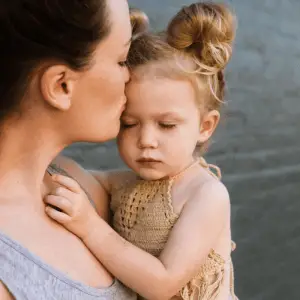
Lead by example
Cherish disappointments as opportunities to ask your child what they could do next time, to get closer to their goals. Opening this conversation is going to arm them with the ability to think about different avenues they could take to get over obstacles that come up in the future.
Create a focus on the solution, not the problem!
As parents, we are the perfect role models to show this.
- Admit your mistakes
- Recognise where you went wrong
- Explain what you have learnt from the experience
- Explain what you will try next time to overcome the situation
It is a tough job growing up and very frustrating at times.
A splash of frustration can be the perfect motivation to overcome a problem. That, with guidance by means of the right questions being asked by their caregiver, will leave your toddler feeling so proud when they fix the problem at hand themselves.
Identify the process that your child undertook to achieve the outcome and ensure they know how proud you are of them for trying their best. Self-esteem and self-worth is so much more valuable than anything you could ever buy them!
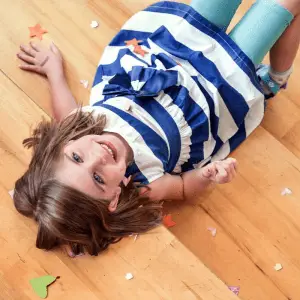
Learning through play
How can we help our children build more resilience and develop problem solving skills?
Give them problems to solve!
Puzzles are a great tool to assist in developing problem-solving skills. Offer opportunities to engage in child led play with loose parts. Experimenting with different tools and materials is going to result in favourable and some less than favourable outcomes for you child to overcome.
Repetition reinforces a new habit. Allow your child to safely explore the world for all that it is. Give them the opportunity to be proud of themselves, and learn for themselves, how to make their own mark!
Dani D x

Disclosure: This Blog does contain affiliate links which I may earn a small commission from if you purchase through them, at no extra cost to you.


